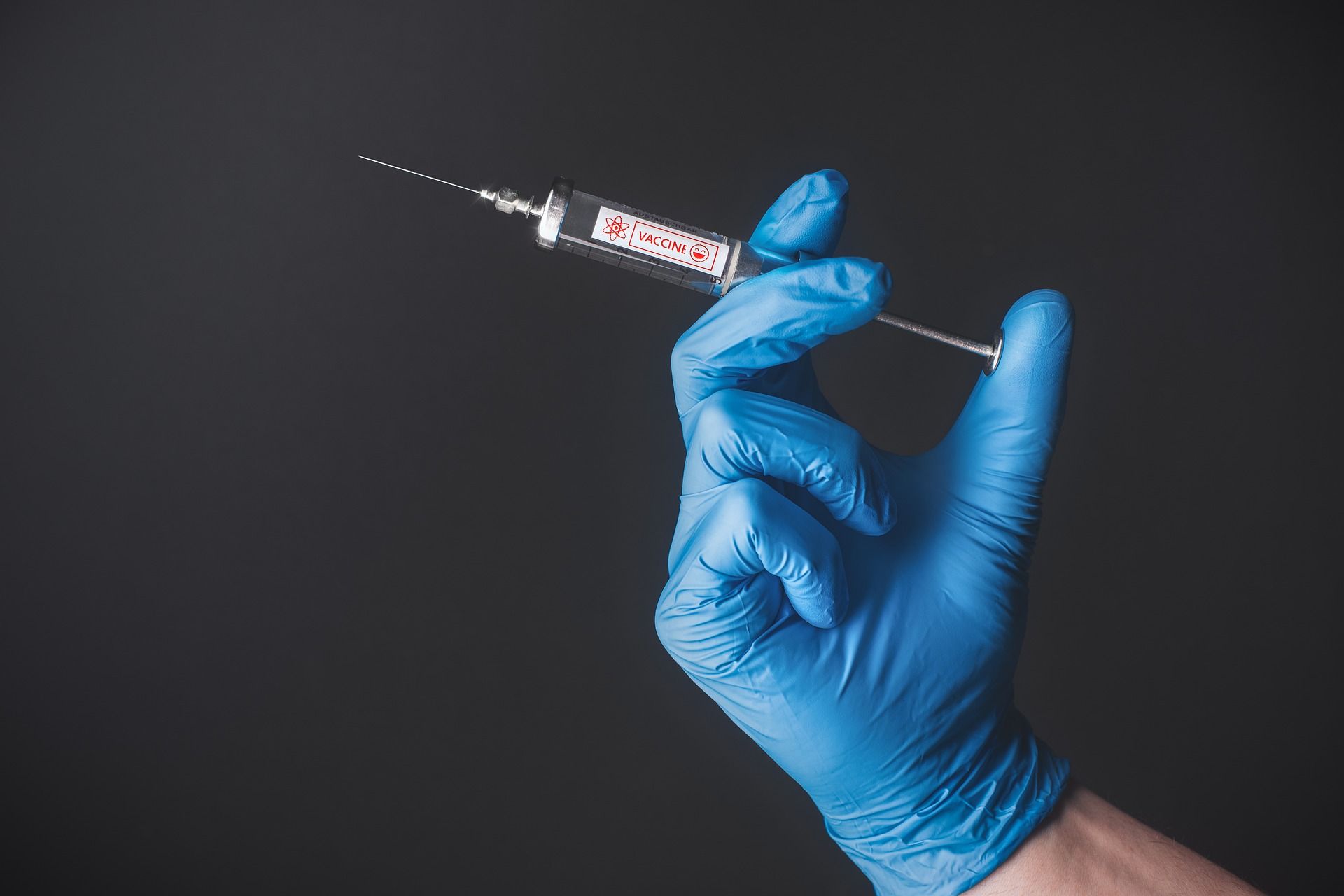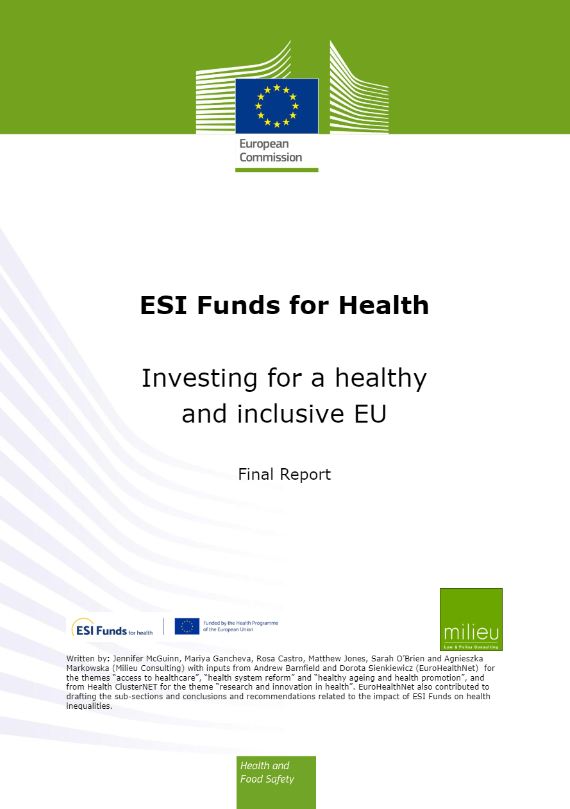The Commission adopted a new EU Global Health Strategy to improve global health security and deliver better health for all in a changing world. With the Strategy, the EU deepens its leadership and reasserts its responsibility for tackling key global challenges and health inequalities head-on: the unfinished agenda in global health and combatting health threats in the age of pandemics.
The Strategy positions global health as an essential pillar of EU external policy, a critical sector geopolitically and ce40ntral to EU strategic autonomy. It promotes sustainable, meaningful partnerships of equals drawing on the Global Gateway. As the external dimension of the European Health Union, the strategy is designed to guide EU action for ensuring better preparedness and response to health threats in a seamlessly way.
A new approach to tackling global challenges
The Strategy puts forward three key interrelated priorities in dealing with global health challenges:
- deliver better health and well-being of people across the life course;
- strengthen health systems and advance universal health coverage;
- prevent and combat health threats, including pandemics, applying a One Health approach.
The Strategy seeks to regain the ground lost to reach the universal health-related targets in the 2030 Sustainable Development Goals. To do so, the strategy refocuses our action on achieving universal health coverage, strengthening primary health care, and tackling the root causes of ill-health like poverty and social inequalities. The strategy stresses the importance of addressing important drivers of ill health such as climate change and environmental degradation, food security, conflict, and other humanitarian crises. Therefore, the Strategy introduces a robust “health-in-all-policies” approach to ensure that a wide variety of policies genuinely contribute to health goals. It identifies three key enablers for better health, namely digitalisation, research, and a skilled labour force with concrete actions to advance globally in these areas

European Health Union: building a stronger EU health response |
The Strategy also seeks to improve global health security, thus protecting citizens from threats by stepping up prevention, preparedness and response, and early detection. These threats can be chemical, biological, or nuclear — or pandemics, including the silent killer that is antimicrobial resistance. The Strategy suggests a wide variety of actions to address these threats:
- a more equitable access to vaccines and medical treatments by strengthening local pharmaceutical systems and manufacturing capacity
- robust, binding international rules on pandemics
- stronger surveillance and detection of pathogens
- an overall approach that tackles all the links between the environment, animal/plant health and human health (“One Health approach”)
As a new global health order is emerging, the Strategy sets the way for the EU to contribute to shaping it through a more strategic, assertive, and effective engagement by:
- Backing the new kind of robust global governance, the world needs in a complex geopolitical environment. This includes a stronger, more effective, and accountable as well as sustainably financed WHO at the core of the multilateral system, with deepened cooperation through G7, G20, and with other global, regional, and bilateral partners.
- Expanding the EU’s international partnerships on health as part of the Global Gateway, based on co-ownership and co-responsibility from our partners. Improving their health sovereignty will ensure more resilience and autonomy and allow us to focus on those most in need and where our impact will be the greatest. Partnerships with advanced economies will also be pursued.
- Leveraging the Team Europe approach with a genuinely single and powerful voice, ensuring close coordination with Member States so that political action and financial means are closely tied to the new priorities.
- More effective funding by promoting innovative finance, pooling of resources internationally, and co-investing by partner countries and other actors, such as the private sector. Together, the EU and its Member States are amongst the largest funders of global health in the world, the Strategy will make this important financial contribution to global health even more impactful by closer mapping and monitoring of impact.
Background
The new EU Global Health Strategy offers a framework for EU health policies leading up to 2030. It sets policy priorities and guiding principles to shape global health, and it identifies concrete lines of action. It outlines what the Commission will do and what it invites Member States to do, each strictly within their respective competences and institutional roles.
The Strategy builds on contributions received during a wide public consultation, including input from EU Member States including Presidencies of the Council, the European Parliament, civil society including the 2020 civil society shadow health strategy, and other key stakeholders in Europe and beyond. The Strategy is published in parallel with the first State of Health Preparedness Report.

ESI funds for health. Investing for a healthy and inclusive EU : final report |







Leave a Reply